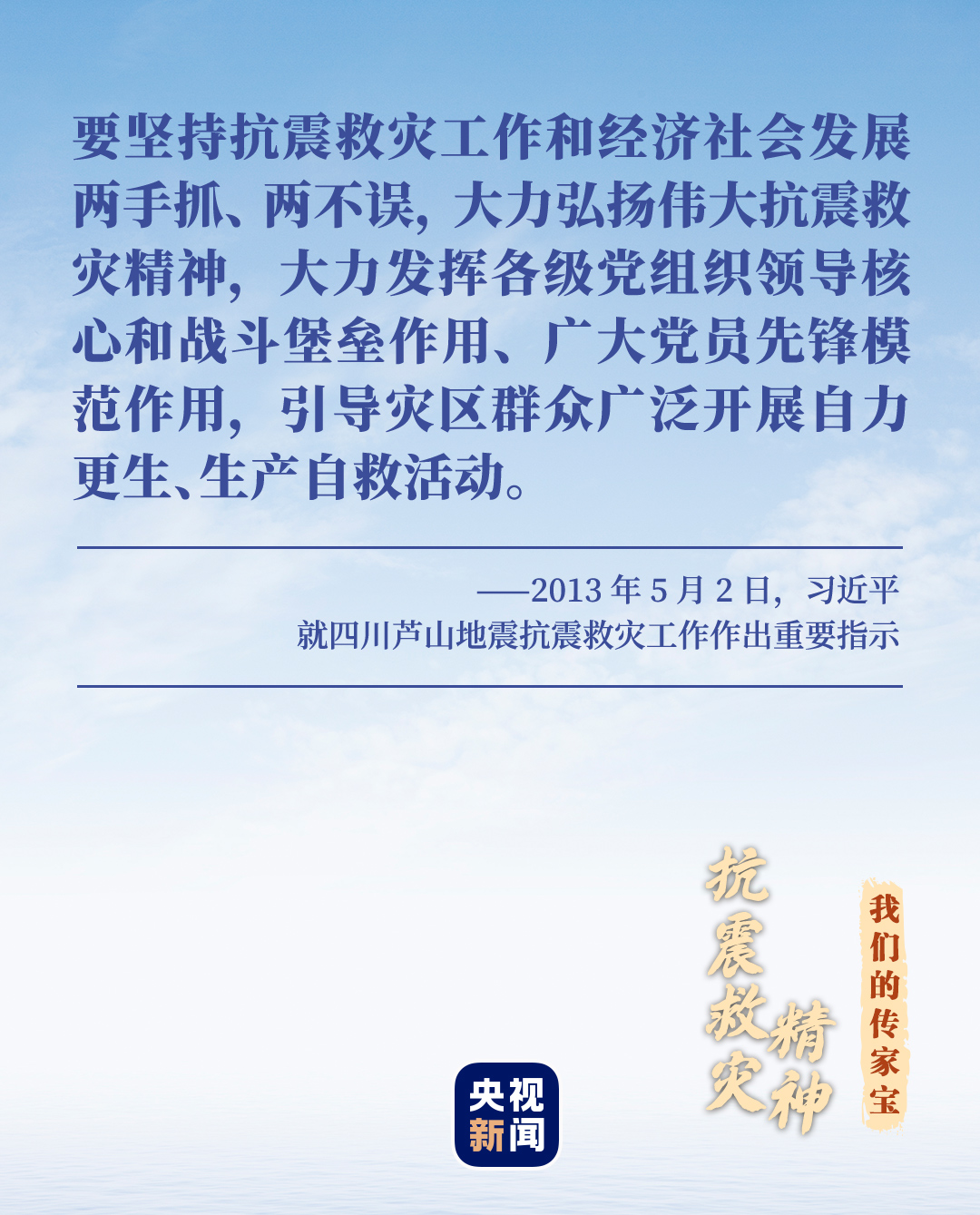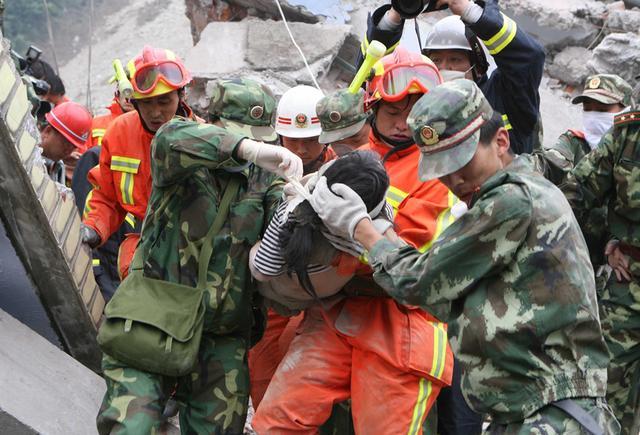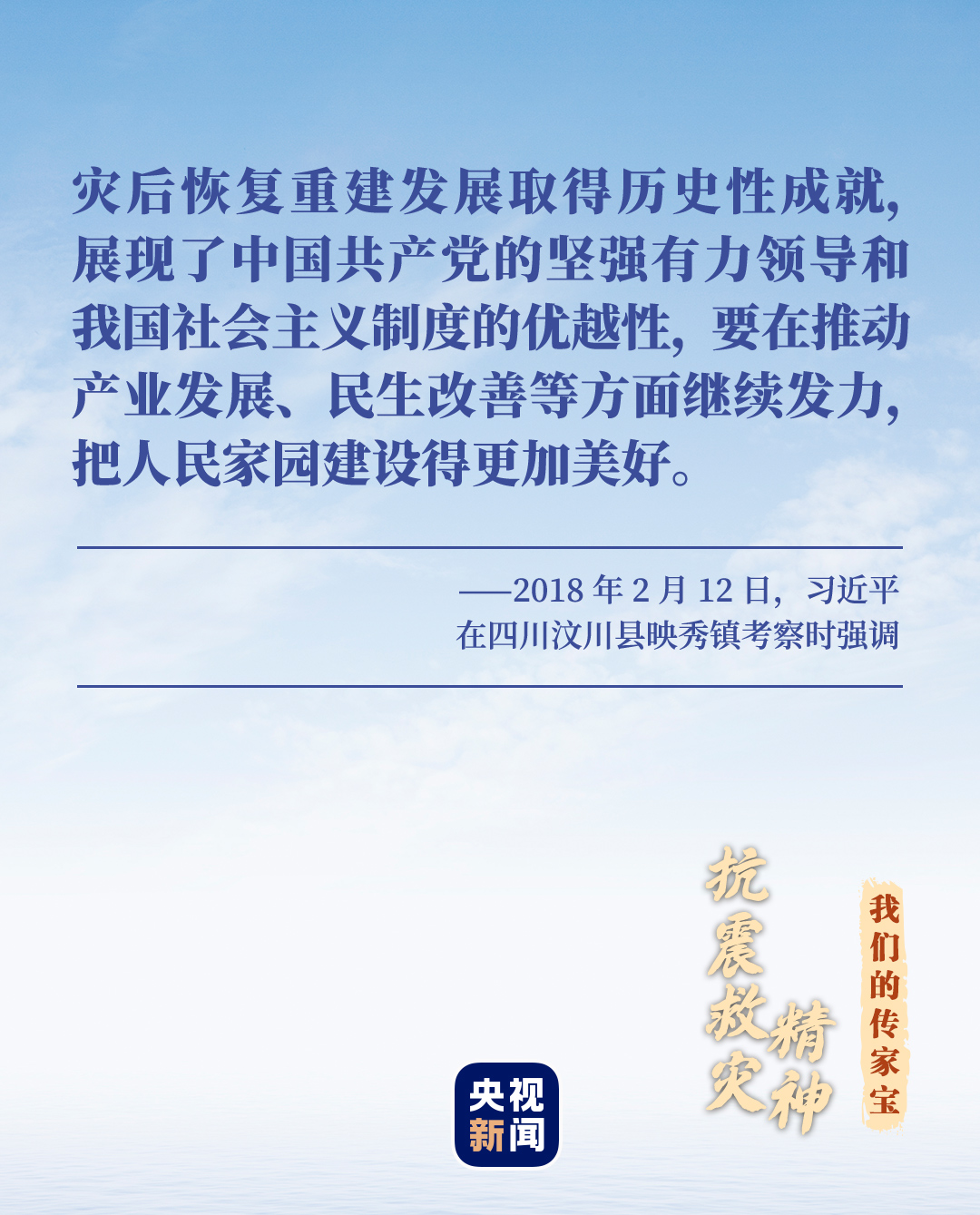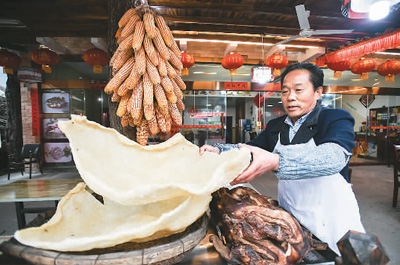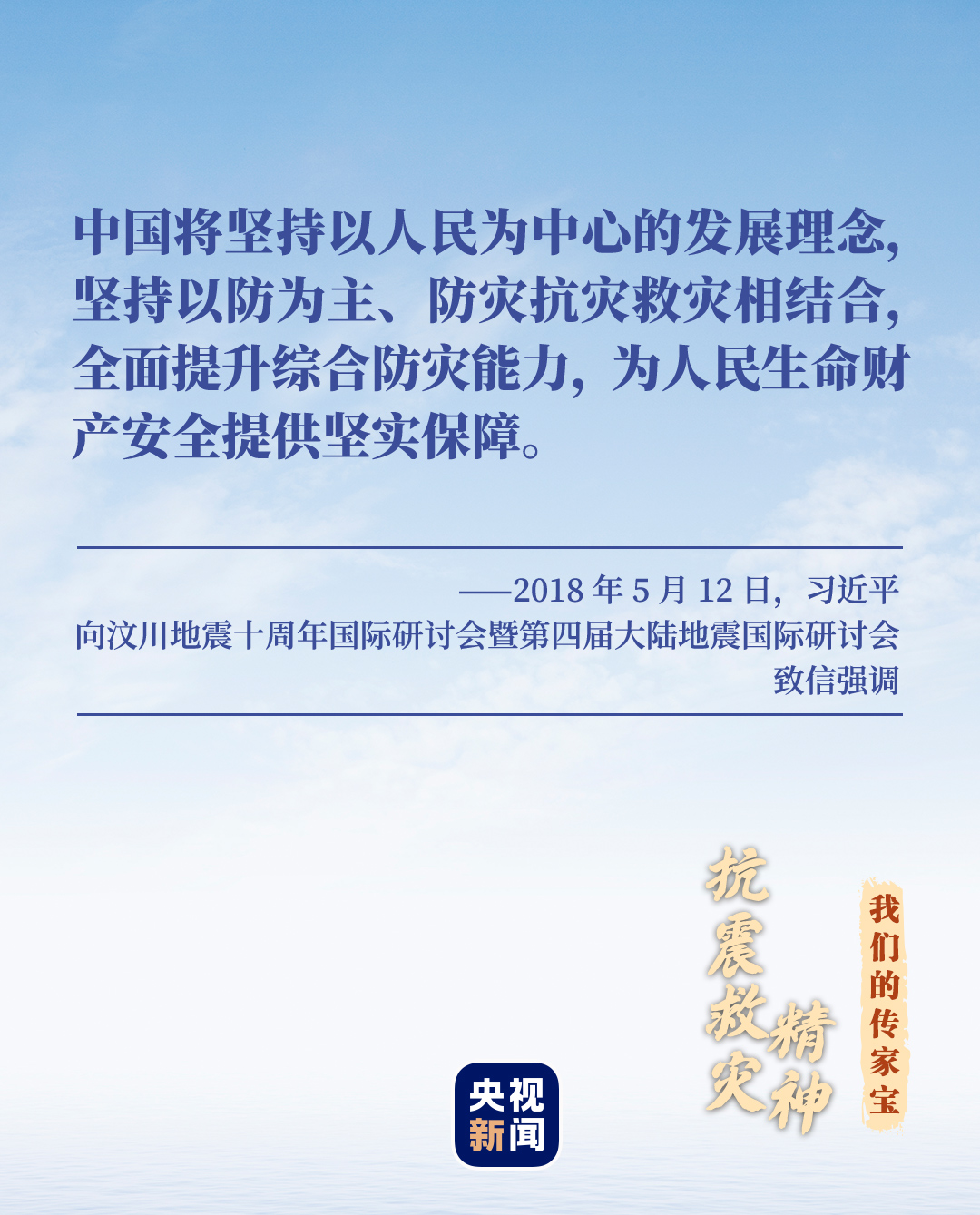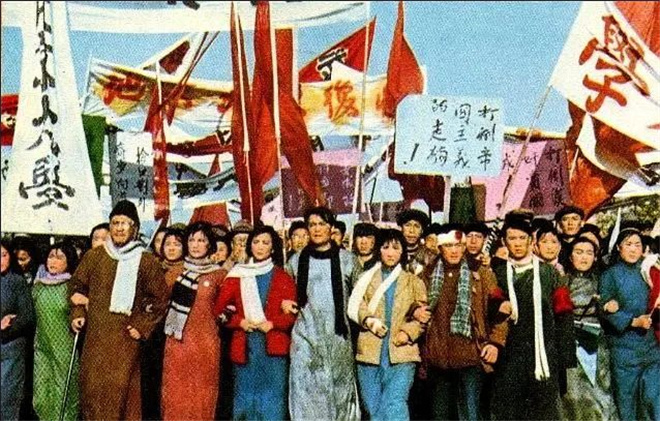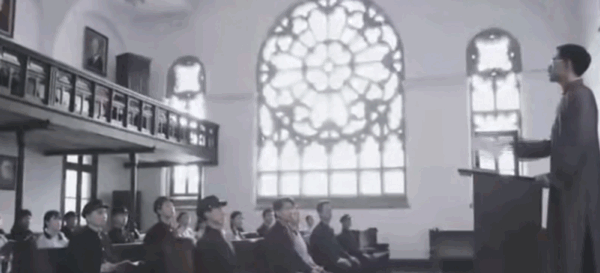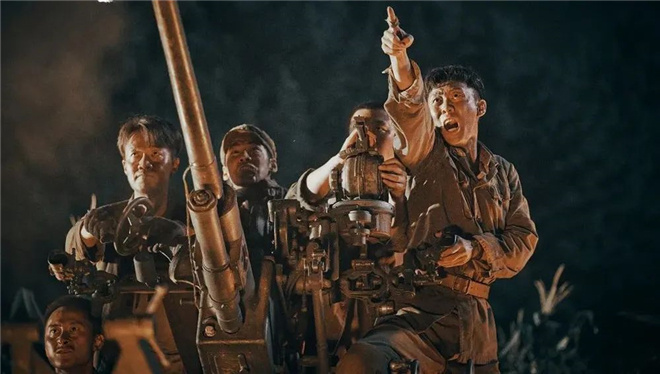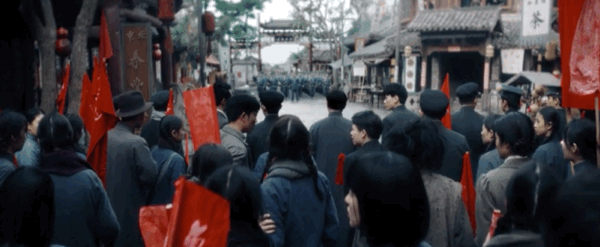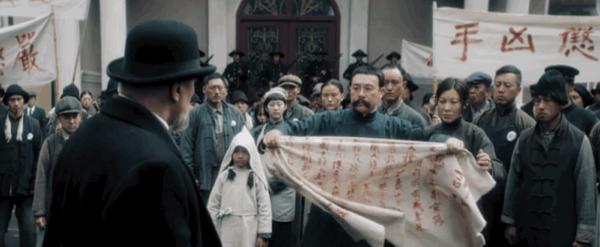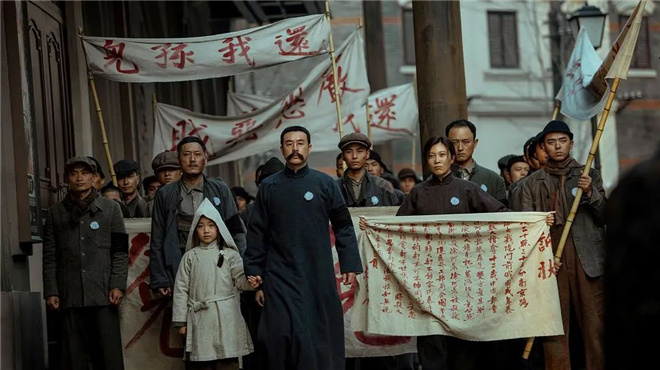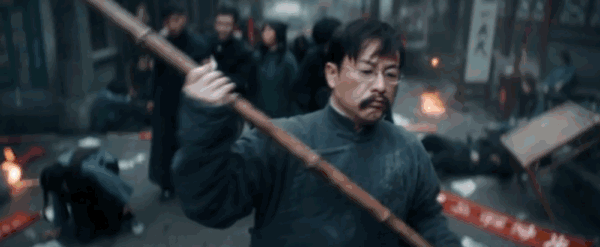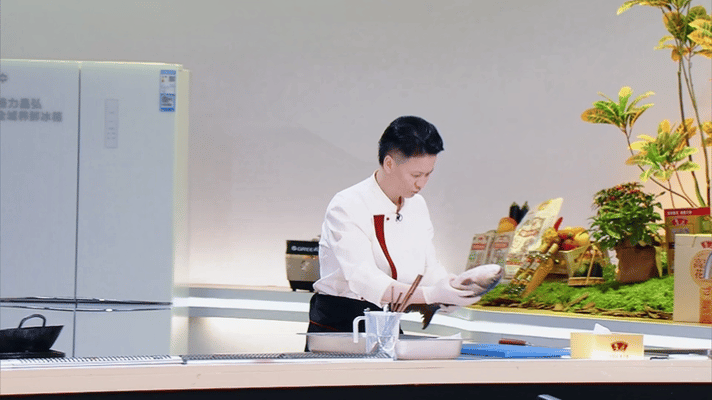On June 26th, according to the Discipline Inspection and Supervision Team of the State Commission for Discipline Inspection in the Ministry of Education of the Central Commission for Discipline Inspection and the Supervision Committee of the Beijing Municipal Commission for Discipline Inspection, Cai Xiang, former member of the Standing Committee of the Party Committee and vice president of China Communication University, was suspected of serious violation of the law and was currently under disciplinary review and supervision investigation.

Cai Xiang, former member of the Standing Committee of the Party Committee and Vice President of China Communication University (data map)
In recent years, discipline violations and corruption have occurred from time to time in colleges and universities. According to the reporter’s incomplete statistics, before Cai Xiang was notified, there were more than ten people who were notified by the website of the Supervision Committee of the Central Commission for Discipline Inspection this year, and most of them were "key minorities" at the level of principals, deans and party Committee secretaries. (among them, nine people are undergoing disciplinary review and supervision investigation, and three people are expelled from the party. )
On June 24th, Deng Xinhua, former member of the Standing Committee of Huangshi Municipal Committee, former Secretary-General and former Party Secretary of Hubei Institute of Technology, was suspected of serious violation of discipline and duty, and is currently under disciplinary review and supervision investigation.
On June 21st, Li Jin, secretary of the Party Committee of Sichuan Vocational and Technical College of Chemical Technology, surrendered himself on suspicion of serious violation of discipline and law, and is currently under disciplinary review and supervision investigation. The reporter noticed that it was only half a year before Li Jin became the party secretary of Sichuan Vocational and Technical College of Chemical Technology. (In November 2018, Li Jin became the director of the Metallurgical Building Materials Division of the Sichuan Provincial Department of Economy and Information Technology, and from the following month, he also served as the party secretary of Sichuan Vocational and Technical College of Chemical Technology. In February 2019, Li Jin no longer served as the director of the Metallurgical Building Materials Division of the Sichuan Provincial Department of Economy and Information Technology, and continued to retain the post of Party Secretary of Sichuan Vocational and Technical College of Chemical Technology. )
On May 28th, Zhang Xinyi, former member of the Standing Committee of the Party Committee and Vice President of Chongqing University of Technology, was suspected of serious violation of discipline and law, and is currently under disciplinary review and supervision investigation.
On May 15th, Teli, former deputy secretary of the Party Committee and president of Xilin Gol Vocational College, was even more suspected of serious violation of the law, and is currently undergoing disciplinary review and supervision investigation.
On May 7, Shu Weilin, former Party Secretary of Sichuan Business Vocational College, was expelled from the Party and public office.
On April 25th, Deng Fuqing, former Party Secretary and Dean of Harbin Institute of Finance, was expelled from the Party and his retirement benefits were cancelled.
On April 11th, Sun Yongli, deputy secretary of the Party Committee of baicheng normal College, Jilin Province, was suspected of serious violation of discipline and law, and is currently under disciplinary review and supervision investigation.
On April 8, Jason, member of the Standing Committee of the Party Committee of Hubei Institute of Technology, vice president, president and secretary of the Party Committee of Erdong Medical Group, was suspected of serious violation of discipline and duty, and accepted disciplinary review and supervision investigation.
On February 26th, Yang Yandong, former deputy secretary of the Party Committee and president of bohai university, was suspected of serious violation of discipline and law, and is currently under disciplinary review and supervision investigation.
On February 21st, Zhang Hanrong, member of the Standing Committee of the Party Committee and Vice President of Xi ‘an Jiaotong University, accepted the disciplinary review and supervision investigation.
On January 24th, Zhang Guomin, former vice president of Gansu Agricultural University, was expelled from the Party and public office.
It is not difficult to see from the above cases that have been investigated and notified that the current anti-corruption work in colleges and universities is great. However, compared with the achievements, the problems behind it are more thought-provoking. It is shocking to sort out the cases of power rent-seeking in colleges and universities in recent years, especially the cases of "key minority" using power rent-seeking.
In September 2015, the Intermediate People’s Court of Heze City sentenced Xu Tongwen, former party secretary of Qilu University of Technology, to 13 years in prison for accepting bribes and corruption.
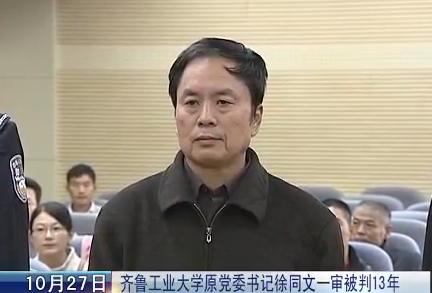
Xu Tongwen was sentenced to 13 years in the first instance (video screenshot)
According to media reports, in Qilu University of Technology, Xu Tongwen, who calls himself the "father of the university", is often arbitrary and arrogant. He believes that "the successful preparation of this university has contributed a lot to himself. Seeing that the surrounding developers and construction units have become rich in a short time, their psychology has become unbalanced, and they have gradually begun to think about private affairs and seek personal gain, and they have more desire for money. Later, whenever I heard someone send money to my family, I would feel a sense of accomplishment from my heart. "
In this way, in 14 years, Xu Tongwen accepted bribes for 117 times, totaling more than 4 million yuan. The hand of collecting money extends to almost all aspects of college work, such as enrollment, project bidding and material procurement. A few days before the investigation, there were still three bribery acts.
On November 22, 2018, the Intermediate People’s Court of Tonghua City, Jilin Province publicly pronounced the bribery case of Ren Fengchun, the former party secretary of baicheng normal College. Ren Fengchun was sentenced to 7 years in prison for accepting bribes and fined RMB 1 million.

Ren Fengchun, former Party Secretary of baicheng normal College (data map)
Similar to Xu Tongwen, during his tenure, Ren Fengchun also regarded himself as the "parent" of the college, "grasping major issues and minor feelings", "making decisions in one word", "spending money in finance" and "selecting and employing people". The college’s major decision-making, appointment and dismissal of important cadres, major project investment, and the use of large amounts of funds were all decided by him before the meeting. The college became his exclusive territory. In order to "provide better conditions for his daughter abroad and make himself and his wife have a more comfortable life after retirement", Ren Fengchun made great efforts to gain power and seek personal gain.
It was found through trial that from 2008 to 2014, Ren Fengchun took advantage of his position as Party Secretary of baicheng normal University to seek benefits for others in terms of project contracting, goods procurement and project payment, and illegally accepted property from others several times, amounting to more than 12 million yuan. After the incident, all the stolen money was refunded.
All the above cases show that colleges and universities are not pure land, and they are no longer "ivory towers" far from reality, but they should never become "private plots" for some "key minorities". Violation of discipline and corruption in colleges and universities not only pollute the campus atmosphere, but also endanger the long-term development of education.
It should be a pure land for teaching and educating people. Why has it become a high-incidence area for violations of discipline and corruption?
Some experts have analyzed the causes of corruption in colleges and universities from many aspects:
On the one hand, colleges and universities are relatively closed and easy to form "small circles"; On the other hand, the level and location of many colleges and universities are even higher, which is easy to cause supervision difficulties, that is, people often say that "the visible can’t be managed, but the managed can’t be seen". From the perspective of the school, the administration is serious and the power is centralized, which lacks strong constraints and supervision on the operation of power, especially in important positions and important fields; From outside the school, some people think that colleges and universities are "pure land" and "ivory towers". The leaders and teachers of colleges and universities are knowledgeable, highly cultivated and strict in self-discipline. They don’t know clearly about the severe and complicated situation of anti-corruption in colleges and universities, and they don’t pay enough attention to the supervision of college cadres.
In addition, behind the dust and pollution of the "ivory tower" is the trend of accelerated enrollment expansion and infrastructure growth in colleges and universities in recent years, which objectively provides more power rent-seeking space for some leading cadres in colleges and universities with selfish distractions. The fundamental problem is the expansion of selfish desires and poor supervision.
Then, how should the corruption in colleges and universities be governed? How can we create a good environment in colleges and universities?
The main person in charge of the Discipline Inspection and Supervision Team of the State Supervision Commission of the Central Commission for Discipline Inspection in the Ministry of Education once said in an interview:
First, insist on keeping a close eye on old problems and paying attention to new trends. Keep a close eye on hedonism and extravagance, seize the time nodes such as entrance examination, graduation defense and holidays, and resolutely investigate and deal with violations of discipline; Pay close attention to the invisible variation problems such as making flexibility through academic activities and giving gifts from a distance in electronic red-envelope, and resolutely prevent the resurgence of "four winds". We will make greater efforts to oppose formalism and bureaucracy, focusing on correcting and investigating problems such as high-sounding statements, poor implementation, cherishing feathers, avoiding problems, inaction, chaos, and cold and hard appeals to teachers and students, which will form a powerful shock.
The second is to insist on investigating accountability and reporting exposure together. Firmly grasp the "key minority" of the leading bodies at all levels directly under the education system, persist in attacking the spiritual problems that violate the eight central regulations, and never be soft. Not only should we seriously deal with those directly responsible, but we should also investigate the main responsibility and leadership responsibility according to the situation, and conduct pressure at all levels. The typical cases should be notified by name, and the strong signal that the discipline will be stricter in the future will be continuously released, so as to consolidate the overwhelming situation of Zhi Zhi’s shame and stop.
Third, adhere to ideological education and system construction. In the process of investigating and handling violations of discipline, ideological and political work is always carried out, so that party member cadres who violate discipline can truly know their mistakes, admit their mistakes, regret their mistakes and correct them. In terms of system construction, combined with the reality of educational work, in view of the different manifestations of the "four winds" problem in ministries, institutions directly under the Central Committee and universities directly under the Central Committee, the specific measures to implement the spirit of the eight central regulations are revised again, a more targeted, scientific and effective system is formulated, and the stubborn style of work is solved with reform ideas and methods, so as to fundamentally control and prevent unhealthy trends.





